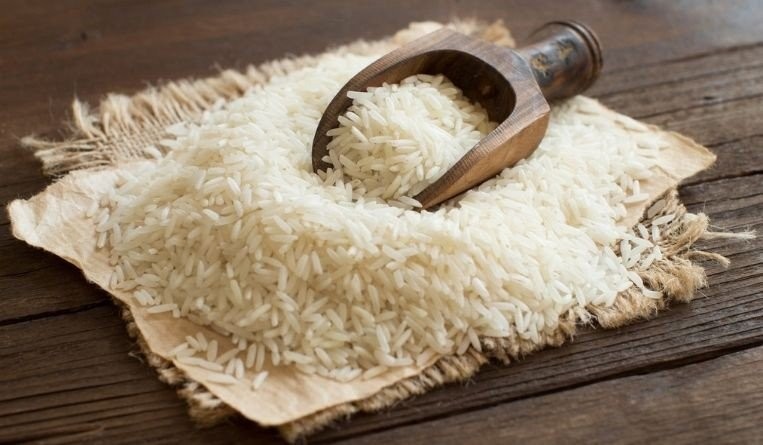Nepal Challenges India's GI Registration For Basmati Rice
09 February 2021

The tension between India and Pakistan with regards to the geographical indication of Basmati Rice isn’t quite yet over with the entry of a third player. Because Basmati rice is traditionally grown and consumed in Nepal, it is natural for the country to challenge India’s European geographical indication (GI) registration for Basmati rice.
“In the past, Nepal had not shown enthusiasm in improving its legal framework on intellectual property protection, neither had shown keen interest in protecting products that essentially contribute to rural development and promote local products globally,” says Dr. Pratyush Nath Upreti, Consultant, Upreti & Associates. “That said, in recent times, Nepal is keen to develop a legal framework to maximize the potential of GIs and biodiversity, as well as indigenous and traditional knowledge. Thus, challenging India’s claims over Basmati rice is a testimony of Nepal's interest, awareness of their potential GIs.”
Nepal has filed an opposition against India's application to receive GI in the EU member states on several grounds. In a nutshell, three claims are worth taking note of. First, Nepal claims that the Basmati rice has been traditionally grown, sold and consumed in Nepal since ancient times. Second, Nepal claims that the national and international scientists and research organizations including Nepal Agriculture Research Council have been working on basmati rice and developing aromatic rice varieties using local Basmati rice landraces since the 1960s. Particularly, four Basmati types of rice landraces have been registered in Nepal. The third is the social and cultural values of Basmati rice in Nepalese communities.
.jpg)
“One interesting aspect of the claim is the documentation and collection of Nepalese basmati rice since the 1970s,” says Upreti. “In principle, Nepal has presented solid claims, however, the challenge lies in demonstrating those with documented evidence.”
Under the current framework, potential GIs are protected by trademark law. Though there have been voices from stakeholders for creating sui generis legislation for GIs, unfortunately in absence of such, potential products such as ‘Nepal tea’, ‘Nepal coffee’ and ‘Chyangra Pashmina’, is branded under collective trademark. The 2017 national IP policy highlights the need for a legal framework for GIs. Further, it encourages sui generis models for the protection of GIs.
“Maybe the current Basmati rice dispute might act as an eye-opener for Nepal Government to bring legislation at the earliest,” says Upreti. “In 2019, I have identified potential GIs products in Nepal and argued GIs as an area where there is a need for policy intervention. In the past, I have also called for a comprehensive white paper on the prospects of GIs and economic viability to maintain a GI system in Nepal. It is important to assess the opportunities and risks represented by GIs.
Nepal should learn from the current Basmati rice claims and expedite the legislative reforms.”
Excel V. Dyquiangco






